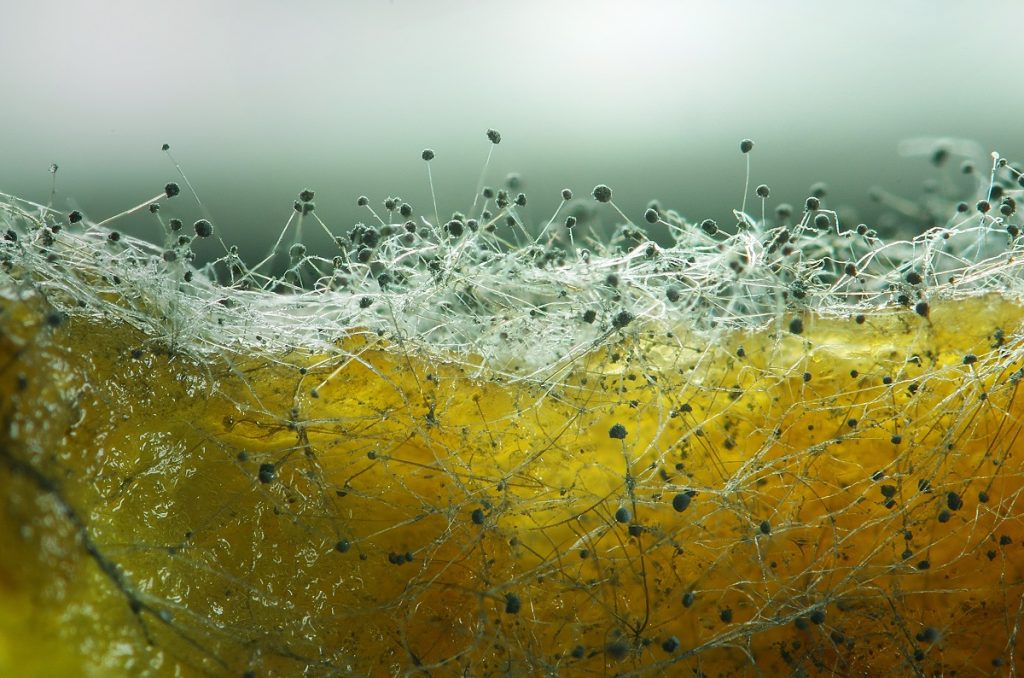- Molds, a fungus thriving in damp conditions, can significantly depreciate a home’s market value.
- Besides being a health hazard, molds can damage home aesthetics and cause extensive structural damage.
- Molds can lead to serious health issues such as respiratory problems, allergies, and skin irritation, deterring potential buyers.
- The presence of molds can drastically lower the appraisal value of your property, marking it as uninhabitable.
- Proactive measures like regular inspection, maintaining dryness, fixing plumbing leaks, and routine cleaning can help prevent mold growth.
Mold is a common problem in many homes, and it can have serious consequences not just for your health but also for the value of your home. If you plan to sell your home, you need to know how mold affects your home value. Here’s what you need to know about molds, how they can affect your home value, and how to deal with them.
What Are Molds?
Molds are a fungus that grows in warm, damp, and humid conditions. They thrive in areas with high moisture levels, such as bathrooms, kitchens, basements, and attics. Molds reproduce by releasing spores into the air, which can easily spread through ventilation systems or even be carried on clothing.
How Does Mold Affect Your Home Value?
There are various ways that mold can impact the value of your home. Here are some key factors to consider:
1. Decreased Market Value
The presence of mold in your home can make your property unattractive to potential buyers, decreasing market value. Buyers interested in your home will order a home inspection and find evidence of mold. They will then have to factor in the cost and time to remove the mold, which could lead to a lower offer or leave the deal entirely.
2. Appearances

Mold is not just a health hazard but an eyesore as well. If your home has a mold problem, it can significantly damage the appearance of your home. The mold can grow on walls, ceilings, and even on furniture. This makes it challenging to sell your home as many buyers base their purchasing decisions on the location, price, and overall appearance.
3. Structural Damage
Mold can cause significant structural damage to your home if left untreated. If the mold is not removed from your home, it could spread and damage the walls, ceilings, floors, and even your home’s foundation. This could translate to more money, repairs, and a lower home value.
4. Health Hazards
Mold can cause several health problems, including respiratory issues, allergies, and skin irritation. This is because mold spores are released into the air, which can cause irritation and severe respiratory issues to those living in the house. If potential buyers know this, it can decrease their interest in purchasing the property.
5. Appraisal Values
Uncovering black mold is challenging because it will grow in hidden places in your home, causing drastically low appraisal values. As a result, your property will be categorized as uninhabitable, decreasing the property’s appraisal value. Even if the mold is eventually removed, the home value would have been affected, and you would need more money to restore the value.
How to Deal With Molds
You can deal with molds and even prevent their growth in your home in various ways. Here are some ways to do that:
Get Your Roof Checked

Roof leaks are a common cause of mold growth in homes. Every few years, you should have a professional roof contractor inspect for leaks or potential issues that could lead to mold growth. They can also check the ventilation system to ensure proper air circulation and prevent mold growth.
Keep Your Home Dry
Mold thrives in damp environments, so keeping your home dry is essential. You can do this by repairing leaks, using a dehumidifier in areas with high moisture levels, and ensuring proper ventilation throughout your home.
Fix Any Plumbing Leaks
Plumbing leaks significantly cause mold growth, especially behind walls and under floors. Make sure to fix any plumbing leaks immediately and regularly check for any potential issues that could lead to mold growth.
Clean Regularly
Regular cleaning is crucial in preventing mold growth. Cleaning removes moisture buildup and prevents it from becoming an ideal environment for molds to grow. Pay extra attention to moisture-prone areas, such as bathrooms and kitchens.
Mold can significantly impact your home’s value and the health of those living in it. It is essential to address mold issues promptly and take preventive measures to avoid future growth. Doing so can protect your home’s value and ensure a safe and healthy living environment for you and your family. So, be proactive in dealing with mold to avoid any potential consequences. Remember, prevention is always better than cure!

